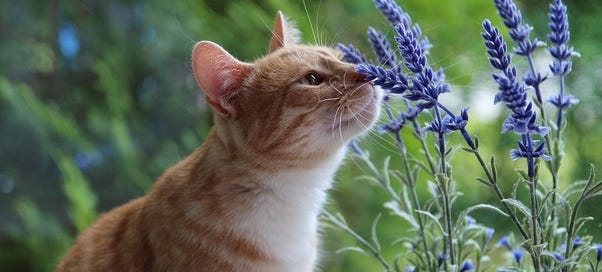Bad is stronger than good
Our brain is naturally wired for us to pay much more attention to the bad things than the good around us.
It is a kind of “Negative Bias”, which helped our ancestors survive by always being on the lookout against predators and other dangers.
However, this tendency may hinder our happiness in modern life.
It directs us to notice negative news and stimuli more readily, while overlooking positive things around us.
This may give us a negatively-biased sense about how things are, which will in turn negatively affects our happiness and well-being.
Negative Bias also tends to make the effects of negative events stronger and last longer than positive ones.
For example, you may have a positive event early in the morning when your neighbor offered to send your kids to school knowing you are running late for work.
While being thankful, on your way to work, an aggressive driver cut you off, which really angered you. This negative feeling may last into the day, and may affect your mood at work, while the thankful feeling seems disappeared.
To overcome our hardwired Negative Bias and its un-warranted effects on our well-being, we need to keep this realization of our negative bias in mind, to adjust it whenever it has a negative effect on us.
More importantly and to fundamentally change this tendance, we need to put in conscious efforts and develop a habit of paying more attention to, and savoring, positivity (positive events, pleasant scenes, happy feelings, etc.)
News businesses obviously understand the Negative Bias as our natural tendency and routinely use it and profit from it.
Ever wonder why we see a lot more negative news than positive ones, and the former usually more dramatically depicted than the latter?
This only adds to our overall Negative Bias about our world, making it all the more important for each of us to protect our well-being from such influences.
To help us develop positive habits for overcoming our Negative Bias, there are several exercises. These exercises have been proven by extensive research to be effective.
And the new habits of a “Positive Bias”, ingrained into our response tendency through practicing, may have long lasting benefits for our well-being.
Those who are interested may get detailed instructions and support to do one or more of these exercises from our “Services” section, where we provide professional assessments and coaching on this and many other well-being related services, many of which are free.
Look forward to working with you on that!




